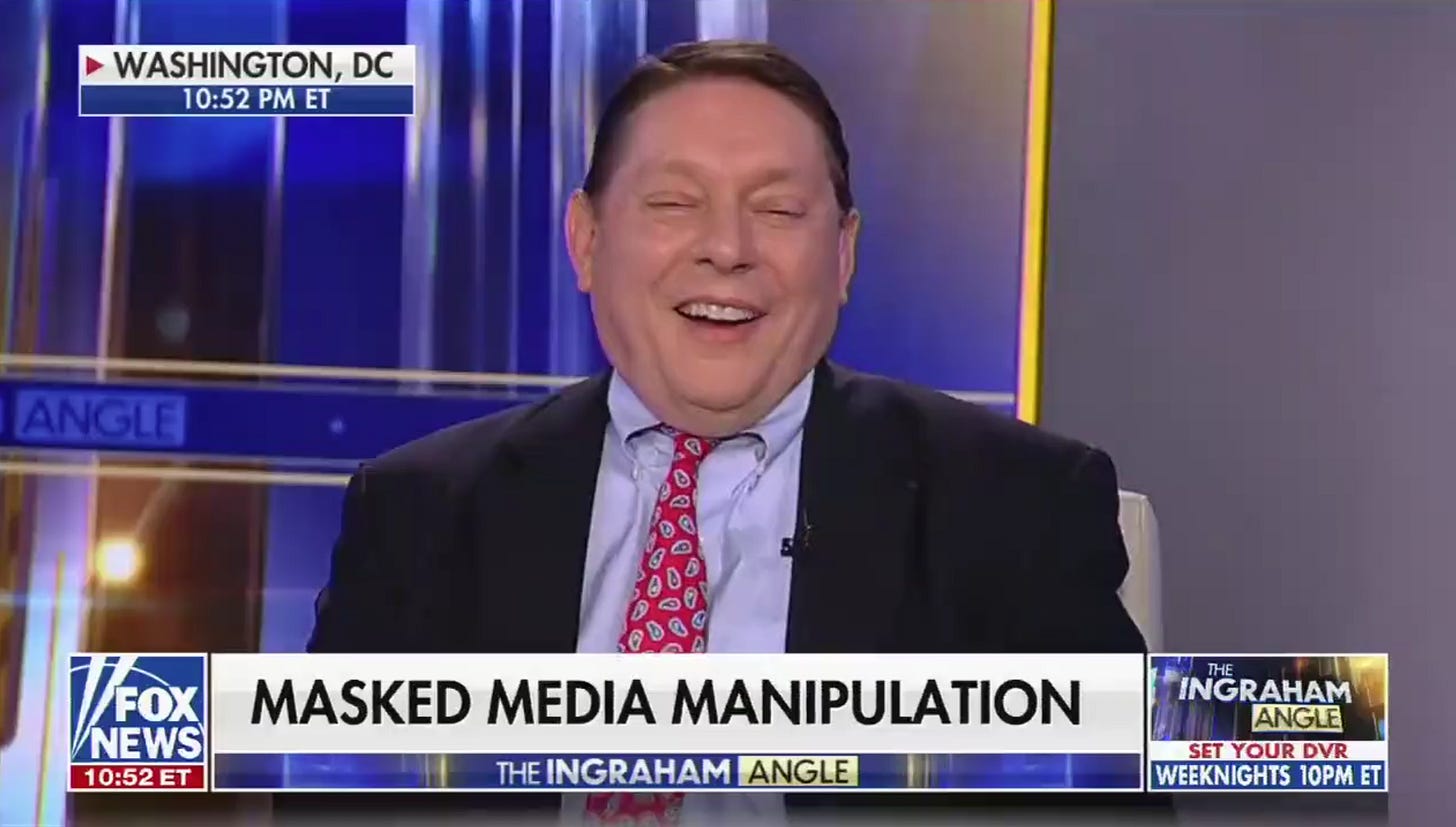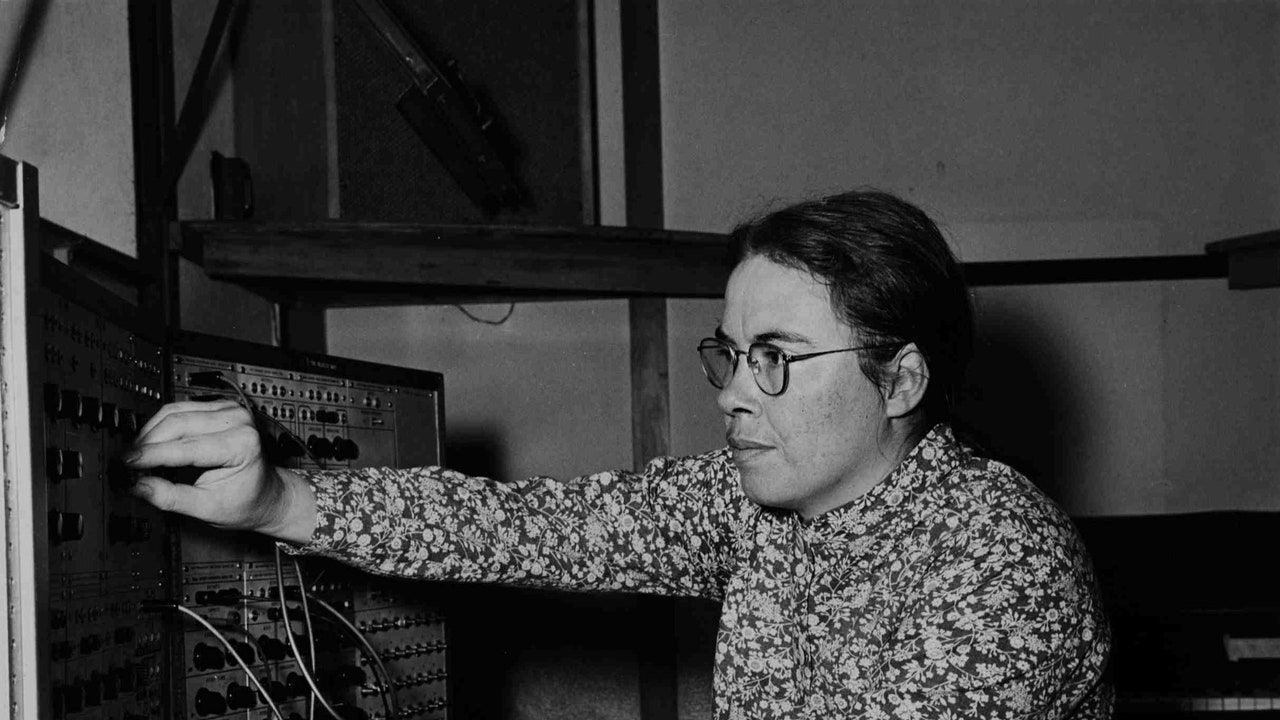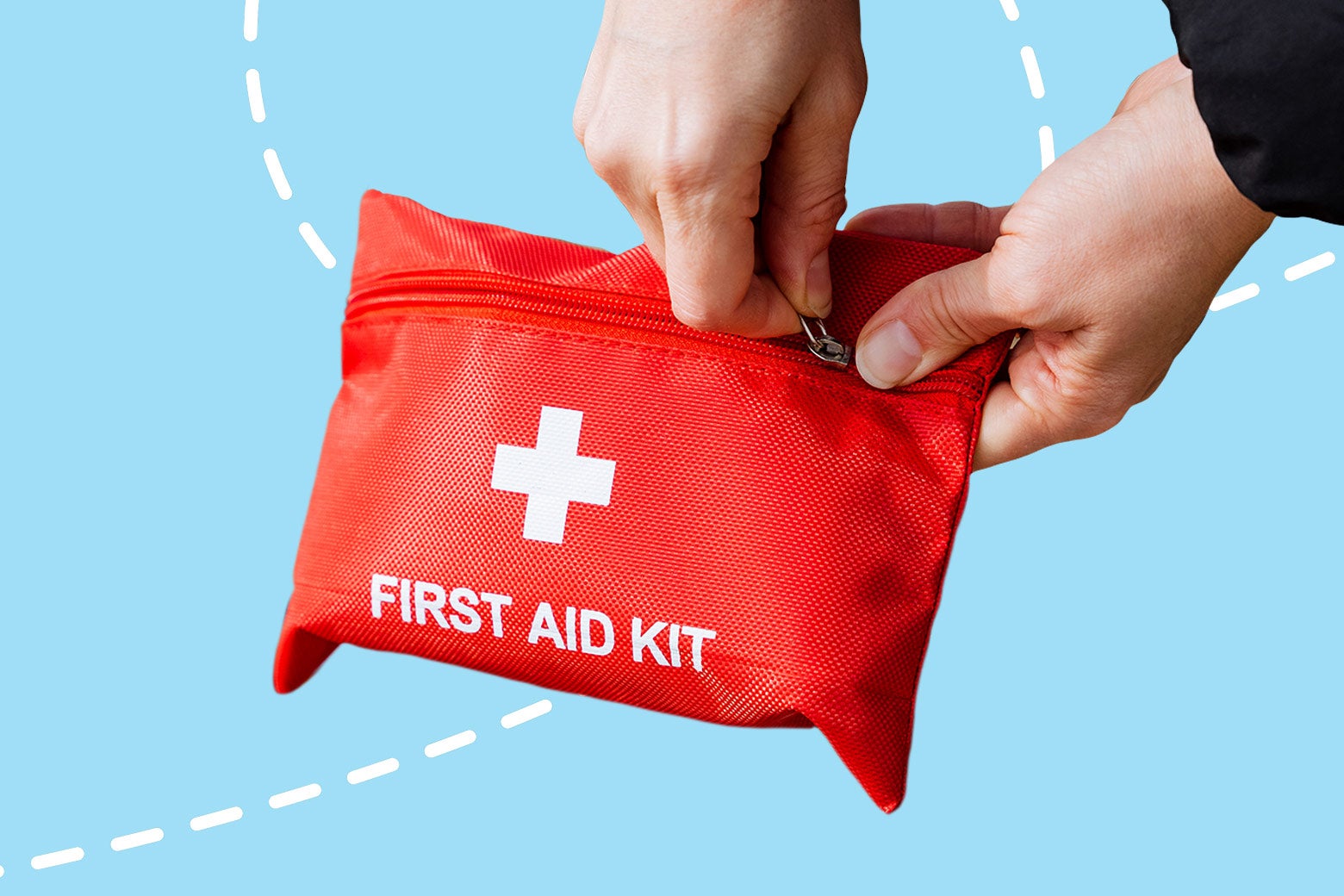One useful skill for conflicts

Much of the time, to think about the pop-version of politics — or the news — is to engage in an intergalactic conflict. Both sides ready their hulking starships to fight about everything from reproduction rights to the price of hen-laid eggs. Everything is an endless argument — especially on social media. Anyone can find evidence from anywhere to justify an argument, including flawed evidence.
Humans make arguments for power — we try to make cases for our side, wants, and needs: an argument about an event like a wildfire is often not about what's true, but rather it's retrofitted as evidence for a deeper argument below the surface. This is how President Trump uses the small delta smelt fish is used as evidence for Gov. Newsom's inadequacies as a Democratic leader. Or, deeper: why Democrats — and Dem-controlled states — suck.
This leads to Big Open Arguments. Big Open Arguments about climate change; about trans individuals; about government spending; about healthcare; about childcare; about immigration; about foreign policy; about Big Tech; about housing; about how wildfires start. These topics have been curated and turned into conflict talking points by pundits and broadcasters and conflict entrepreneurs. They snag any bit of evidence and retrofit that evidence to fit their Big Open Argument. It usually makes people really mad. Enragement equals engagement. Engagement makes money for platforms; distracts a population.

Living in America feels irreconcilable sometimes. It's an epic tussle between Blue and Red. Dems and Repubs. MAGA and anti-MAGA. But that isn't the real conflict, in my eyes. We are sort of distilled into those camps; nuance is obliterated. The real conflict is between the super rich & powerful and everyone else: the middle class, the poor, the struggling class; a huge swath of the nation.
It's related to what investigative journalist and writer Amanda Ripley would call High Conflict, which is the title of her 2021 book.

High Conflicts are a trap like the La Brea Tar Pits in Los Angeles where millions of bones from thousands of years ago have been found, including near-complete skeletons of big mammals. A bison or mammoth or bear walks into pit and got stuck. The creature starts yelling, and then a sabertooth tiger or a pack of dire wolves hears the cries and jumps on the easy prey. Now both animals are stuck. They die. It takes months to sink the carcass so scavengers come, and they get stuck. It's a cycle, and the metaphor Ripley uses throughout her book to describe intergalactic conflicts:
Because conflict, once it escalates past a certain point operates just like the La Brea Tar Pits. It draws us in, appealing to all kinds of normal and understandable needs and desires. But once we enter, we finde we can't get out. The more we flail about, braying for help, the worse the situation gets. More and more of us get pulled into the muck, without even realizing how much worse we are making our own lives (pg 27).
Like her powerful metaphor, Ripley dunks her theory and ideas in vivid narrative examples. As a speaker, columnist, a co-founder of a how-to better communication organization, Ripley's prose reads like a book-length TED Talk: powerful story glossed with a Big Take Away that points towards hope. A Brené Brown-like ray of hope, but with journalism rigor and reporting applied. As a reader, you see all kinds of conflicts throughout the book from Trump-inspired politics in a small California community to gang violence in Chicago.
For when we see clear examples we can better understand the concepts. For this, the book is worth the time: it can help you understand how to step out of a conflict and make the conflict useful: how to get closer to what both arguers want.
I'll say, though, it may work better for the individual rather than something you hope all of congress and D.C. lobbyists to read. It's in the interpersonal where I found this book most illuminating. Particularly, what the book has to say about listening.
"Most of us do not feel heard much of the time. That's because most people don't know how to listen," Ripley writes. Ripley cites that doctors, on average spend eleven seconds listening to their patients before they start talking, but if doctors didn't interrupt, patients would just need an additional six seconds to get their story/point across. "When people don't feel heard, they get slightly anxious and defensive. They say less, and whatever they do say tends to be oversimplified. The walls go up" (Pg 42, 43).
Being still, calming the mind, and taking in what the other is saying will give you time to process. Applying curiosity is a kind of skeleton key to understanding someone else. Ripley suggest that when someone is finished talking, loop back around and see if you understand their point. Don't hop to the next thing in your head, which usually leans closer to finding evidence for the Big Open Argument.
When facing someone she disagrees with, Ripley now tries to make sure she gets in these questions: What would it be like if you got what you wanted here? What do you want your opponent to understand about you? What do you want to understand about them?
Listening alone won't change the conflicts around the world, I don't think. It's the shortfall of such advice: too much money to keep the conflict going, and too much at stake to just keep listening (e.g. the dismantling of USAID).
But on the interpersonal level, the local level, I think listening can do a lot. Here are some resources:

https://www.oscartrimboli.com/

https://www.npr.org/programs/invisibilia/530718193/emotions
P.S. Ripley once interviewed me for a Slate podcast "How to Survive a Disaster." We talk tornadoes, community, safety, but also coffee and gin. Check it out if that's something you're into.

-- Tucker







Member discussion